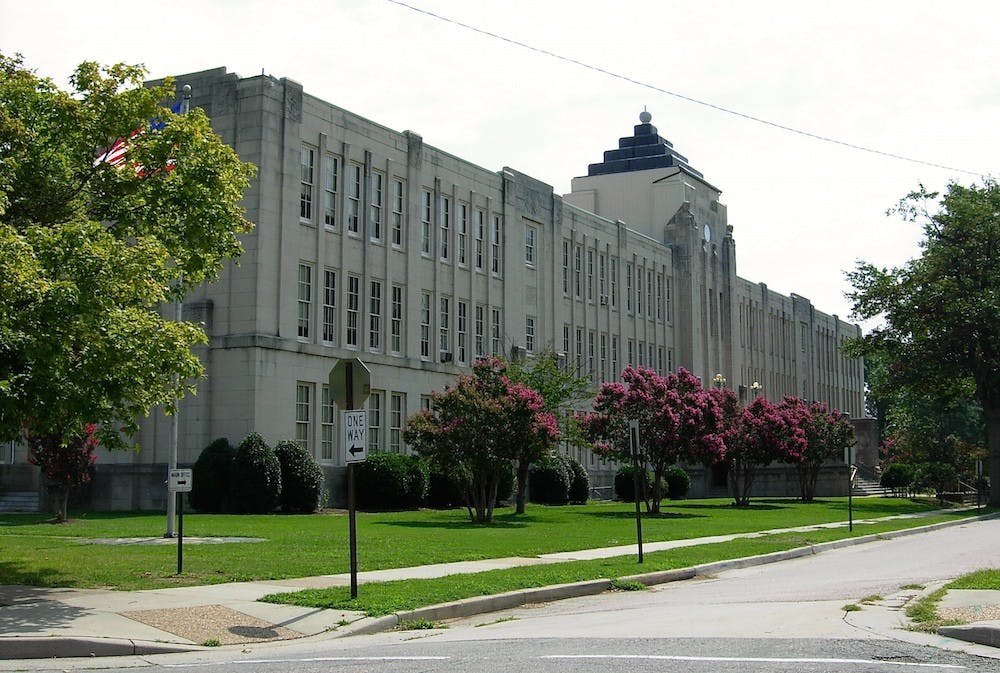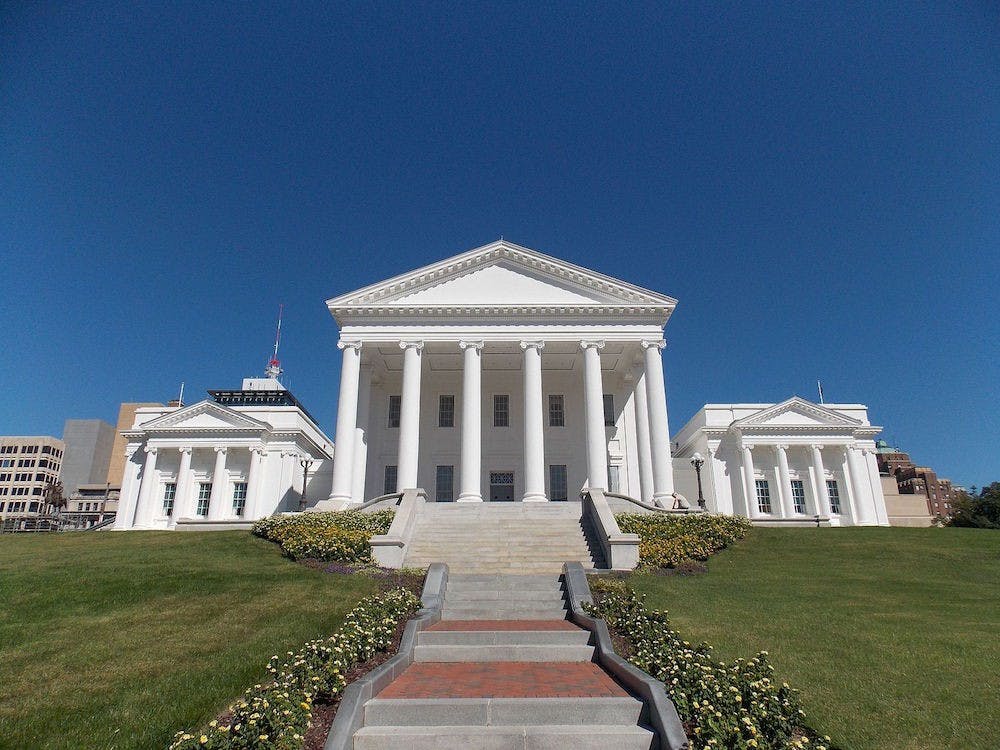Gov. Glenn Youngkin’s first executive order, signed on Jan. 15, called for ending the use of inherently divisive concepts, including critical race theory, in K-12 public education throughout the state of Virginia.
In the order, Youngkin cited his reasoning behind the ban, writing, “political indoctrination has no place in our classrooms,” and “[critical race theory] denies our students the opportunity to gain important facts, core knowledge, formulate their own opinions and to think for themselves.”
In the days following the executive order, a tip line was established for parents to report any concepts being taught in their children's schools that they felt were inherently divisive.
The news quickly went viral on the social media platform TikTok, and the line was flooded with false tips from people across the country claiming to be parents of children in Virginia schools.
Critical race theory was first conceptualized by legal scholars in the 1980s, and its original basic tenets include the beliefs that the notion of race is socially constructed, not biologically natural, and that racism is prevalent in contemporary society, according to the Encyclopædia Britannica.
“It's really a law school style theory,” Law Professor Henry Chambers Jr. said. “You'd be in a very strange situation if you’re teaching critical race theory in K-12.”
Still, many argue that the term has taken on a new meaning since its conception.
Sophomore Brady Lang, a resident of Virginia for the past 15 years, said he believed critical race theory divided students into boxes based on their race.
“[It’s] basically injecting a lens of race into the classroom which presents students with the idea that inherently there's two classes out there," Lang said. "One is of the oppressor and one is of the oppressed."
Christian Herald, a first-year and president of the Black Student Alliance, understood the term differently, saying that it's a framework of thinking about U.S. history in a way that acknowledges the racial component of things like the justice system and housing segregation.
Herald said she felt it was important that race continued to be taught in the classroom, and argued that critical race theory was not actually divisive at all, she said.
“Kids understand race,” Herald said. “They understand difficult topics like the Holocaust, segregation, slavery… these aren't out-of-the-world topics for kids to understand. I wouldn’t say divisive topics have a place in public education. History has a place in public education.”
Enjoy what you're reading?
Signup for our newsletter
Lang, on the other hand, worries that the teaching of divisive topics could lead to children feeling ashamed of their race, he said.
“I’ve heard of stories where some children come home to their parents and they say, ‘My teacher told me I was an oppressor, or I was evil,'" Lang said. "I don't think anyone should be feeling ashamed, whether they’re white or whether they’re Black or any other race for that matter.”
UR Professor of Law, Chambers, thinks that Youngkin is using critical race theory as a way to suggest that parents need to regain control of the schools, he said. One of Youngkin’s primary campaign objectives was providing parents more control of their children's education, often referred to as his "Parents Matter" campaign.
"I'm a parent," Chambers said. "I certainly have a relationship with my children's schools. Whether or not I should be allowed to determine what they learn – we have a lot of very highly trained professionals that do that. They're called teachers.”
Jack Preis, law professor and associate dean of academic affairs, said that in actuality, it is going to take a while before any substantive decisions regarding curriculum reforms are made.
“Something ironic about all this is that it will be chosen not by the parents, but by the schools,” Preis said. “Now, it may be what the parents want…but it'll be chosen by the school board. And we’re months away from that.
“What we end up with may be pretty tame," Preis said. "It could be pretty radical. I don’t really know. I bet it won’t be too different than what’s currently being taught. That’s my guess.”
Contact City & State writer Eliana Neill at eliana.neill@richmond.edu.
Support independent student media
You can make a tax-deductible donation by clicking the button below, which takes you to our secure PayPal account. The page is set up to receive contributions in whatever amount you designate. We look forward to using the money we raise to further our mission of providing honest and accurate information to students, faculty, staff, alumni and others in the general public.
Donate Now



